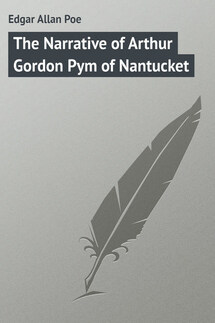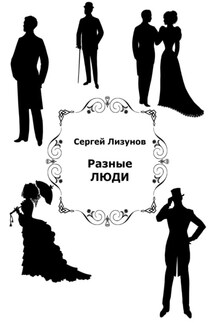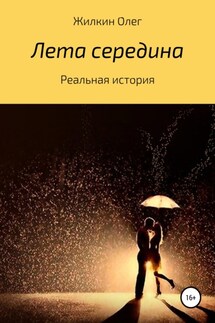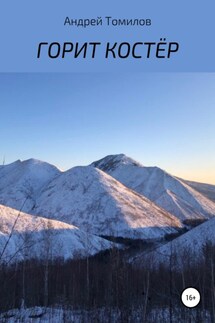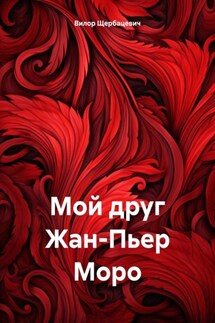Eureka - страница 9
As our starting-point, then, let us adopt the Godhead. Of this Godhead, in itself, he alone is not imbecile – he alone is not impious who propounds – nothing. "Nous ne connaissons rien," says the Baron de Bielfeld—"Nous ne connaissons rien de la nature ou de l'essence de Dieu – pour savoir ce qu'il est, il faut être Dieu même."—"We know absolutely nothing of the nature or essence of God – in order to comprehend what he is, we should have to be God ourselves."
"We should have to be God ourselves!" – With a phrase so startling as this yet ringing in my ears, I nevertheless venture to demand if this our present ignorance of the Deity is an ignorance to which the soul is everlastingly condemned.
By Him, however—now, at least, the Incomprehensible – by Him – assuming him as Spirit—that is to say, as not Matter—a distinction which, for all intelligible purposes, will stand well instead of a definition – by Him, then, existing as Spirit, let us content ourselves, to-night, with supposing to have been created, or made out of Nothing, by dint of his Volition – at some point of Space which we will take as a centre – at some period into which we do not pretend to inquire, but at all events immensely remote – by Him, then again, let us suppose to have been created—what? This is a vitally momentous epoch in our considerations. What is it that we are justified – that alone we are justified in supposing to have been, primarily and solely, created?
We have attained a point where only Intuition can aid us – but now let me recur to the idea which I have already suggested as that alone which we can properly entertain of intuition. It is but the conviction arising from those inductions or deductions of which the processes are so shadowy as to escape our consciousness, elude our reason, or defy our capacity of expression. With this understanding, I now assert – that an intuition altogether irresistible, although inexpressible, forces me to the conclusion that what God originally created – that that Matter which, by dint of his Volition, he first made from his Spirit, or from Nihility, could have been nothing but Matter in its utmost conceivable state of – what? – of Simplicity?
This will be found the sole absolute assumption of my Discourse. I use the word "assumption" in its ordinary sense; yet I maintain that even this my primary proposition, is very, very far indeed, from being really a mere assumption. Nothing was ever more certainly – no human conclusion was ever, in fact, more regularly – more rigorously deduced – but, alas! the processes lie out of the human analysis – at all events are beyond the utterance of the human tongue.
Let us now endeavor to conceive what Matter must be, when, or if, in its absolute extreme of Simplicity. Here the Reason flies at once to Imparticularity – to a particle – to

